DO WE VOTE FOR POLITICAL PARTY OR THE CANDIDATE
Is voting for a presidential candidate a popularity contest? Is the role of president the personification of an agenda despite party affiliation? Does it boil down to agenda or representation? How does the character of a candidate and their personal history weigh into a political party’s nominee?

A few worthy facts:
- Political parties didn’t exist before elections started.
- Presidents are technically considered Civil Servants
- Early American presidents were more focused on a small union of states requiring a single Federal leader of the union with very specific duties (mostly focused on military and international relations with a focus on protecting a fledgling nation).
- As the representative of a separate branch of governance, the presidential candidate would play a role in supporting legislative agenda emerging from Congress.
- Being that the Supreme Court was established by the U.S. Constitution in Article III, and Article II authorizes the president to make Supreme Court appointments requiring congressional approval by a 2/3rds majority, this is probably the least empowering of all of the presidential duties because the outcome of nominations is not up to the role of president.
In my opinion, the power of the executive seat rests less in the role itself, but more in signaling their compatibility with congressional agenda.
The articulated Constitutional powers of the president are:
Presidential Powers
- Being “Commander in Chief” of all federal and state military bodies
- Require the written opinions of appointed executive department leadership in their area of expertise
- Granting pardons
Presidential powers shared with Congress
- Appoint ambassadors, judges, and officers with the consultation and consent of the Senate
- Empowered to make treaties with other nations upon consultation and consent of the Senate
Presidential powers when Congress is recessed (but otherwise shared)
- Fill vacancies alone when the Senate is recessed (not available to consult and consent)
- Grant Commissions alone when the Senate is recessed (not available to consult and consent)
Presidential Responsibilities
- Give to Congress the State of the Union
- Ask Congress to consider expediting a congressional measure
- Call both houses of the Legislature together to resolve disagreements, including bring them back into session or adjourn them
- Ensure the law is faithful performed
Literally, everything other responsibility and empowerment is based on this very short job description. Said another way, the way that a president can affect Americans the most would be:
- How they perform their Commander in Chief duties
- How they perform their duties of international treaty-making in conjunction with Congress
- How they make appointments in conjunction with the Senate
- How they encourage, support and sign-off on Congressional agenda
Character matters with regard to the above, but the far majority of their sole duties is in relationship to military in international relations. Everything else supports and encourages the agenda of the legislative body. That makes the majority of what the president does, operationally administrative and not an ambassadorship.
To keep things in balance, as a voting American, my criteria for electing a president would be:
- Contextual understanding of national protections as Commander in Chief
- The guiding agenda with regard to appointments
- Administrative execution and development of Treaties
- Supporting the right agenda coming out of Congress
All of those things are important. All of those things matter. Everything else tends to be the Constitutional responsibility of other branches of the Federal Government or state government responsibilities. Confusing the duties of the role of president leads to a lot of awkward criteria for selecting someone for the role.
Final Thought: If you were up for a position today and felt you were amazingly well qualified, but you lost the opportunity to someone being judged on criteria having nothing whatsoever to do with aligned qualifications, it would probably really upset you. As a voting individual, we have to weigh qualifications along with the support for Congressional agenda, and we kind of need to ignore marketing, spin, speeches, swimwear competitions, etc. It isn’t about “getting excited.” It should be about “getting aligned.”